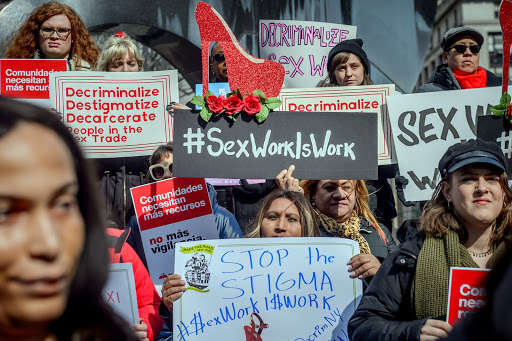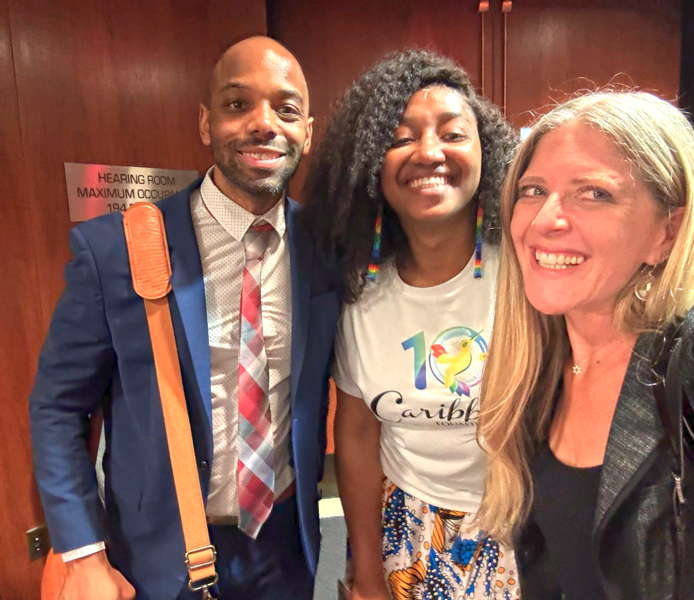May 8, 2025
The New Orleans City Council voted unanimously to approve an ordinance granting conditional immunity to sex workers who report crimes committed against them or others. The law also prohibits the use of condoms as evidence in prostitution cases, a long-criticized practice that undermines public health and reinforces criminalization.
The ordinance gives individuals engaged in sex work limited protection from arrest and prosecution for prostitution-related offenses when they come forward as victims or witnesses of a crime. The measure applies only to enforcement by the New Orleans Police Department (NOPD) and does not extend to state or federal agencies such as Louisiana State Police, a limitation that several council members acknowledged during deliberations.
Advocacy for the ordinance was driven by a coalition of local groups that have long worked at the intersection of criminal justice, public health, and LGBTQ+ rights. The Trans Income Project and Below Sea Level Aid were both involved in drafting the policy language and pushing for its adoption. Women with a Vision, a public health nonprofit with a long history of organizing with sex workers in New Orleans, also provided support and testimony throughout the legislative process. Executive Director Deon Haywood called the ordinance a necessary protection for people who are often forced to choose between their safety and their freedom. “Everyone has the right to protect themselves,” she said. “This law recognizes that.”
These organizations emphasized that the law is not a solution to the broader criminalization of sex work but a harm reduction measure designed to reduce barriers to reporting violence and exploitation. Advocates cited numerous instances where sex workers were reluctant to contact police after being assaulted or robbed, fearing they themselves would be arrested.
In addition to the immunity provisions, the ban on using condoms as evidence is seen as a crucial step toward separating public health tools from criminal enforcement. Legal advocates and health workers have argued for years that linking condom possession to criminal liability discourages their use, especially among those already under heightened police scrutiny.
While the ordinance passed without opposition, questions remain about its implementation. Because it only applies to arrests by NOPD, individuals reporting crimes still risk exposure to prosecution if state or federal agencies are involved. Local advocates say they plan to monitor enforcement closely and continue pressing for broader reforms at the state level.
Still, for many, the ordinance represents a meaningful shift in how the city understands the relationship between policing, safety, and sex work. By establishing a legal mechanism that prioritizes protection over punishment, New Orleans has taken a concrete — if incremental — step toward reducing the harm caused by criminalization.

DSW Newsletter #63 (May 2025)
DSW Lobbies for Immunity in Albany

Immunity in Depth

New Orleans Passes Immunity Legislation

Two Federal Bills Threaten Online Speech, Sex Work, and Digital Privacy

Sweden Bans Live Action Pornography, Expands Criminalization of Online Sex Work

